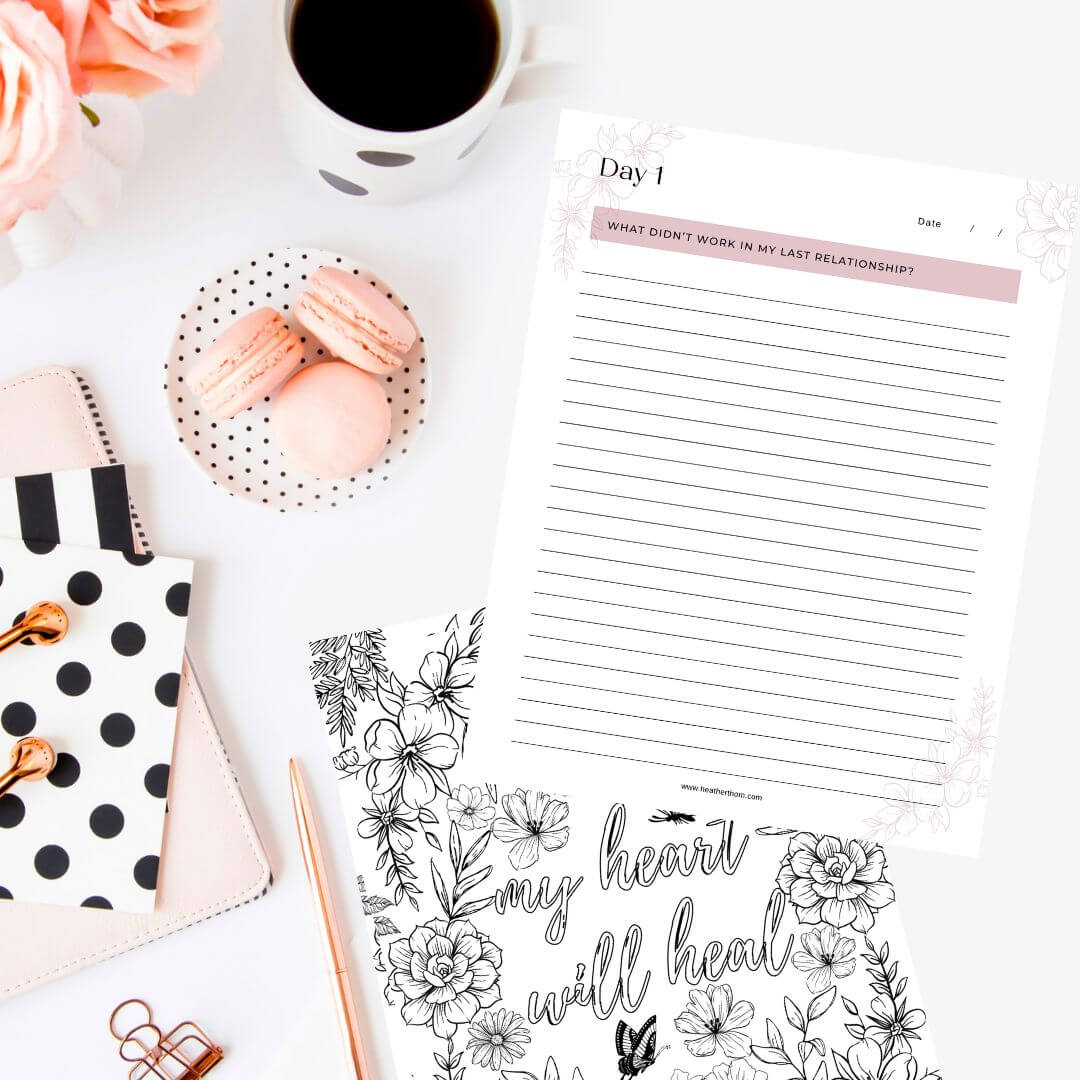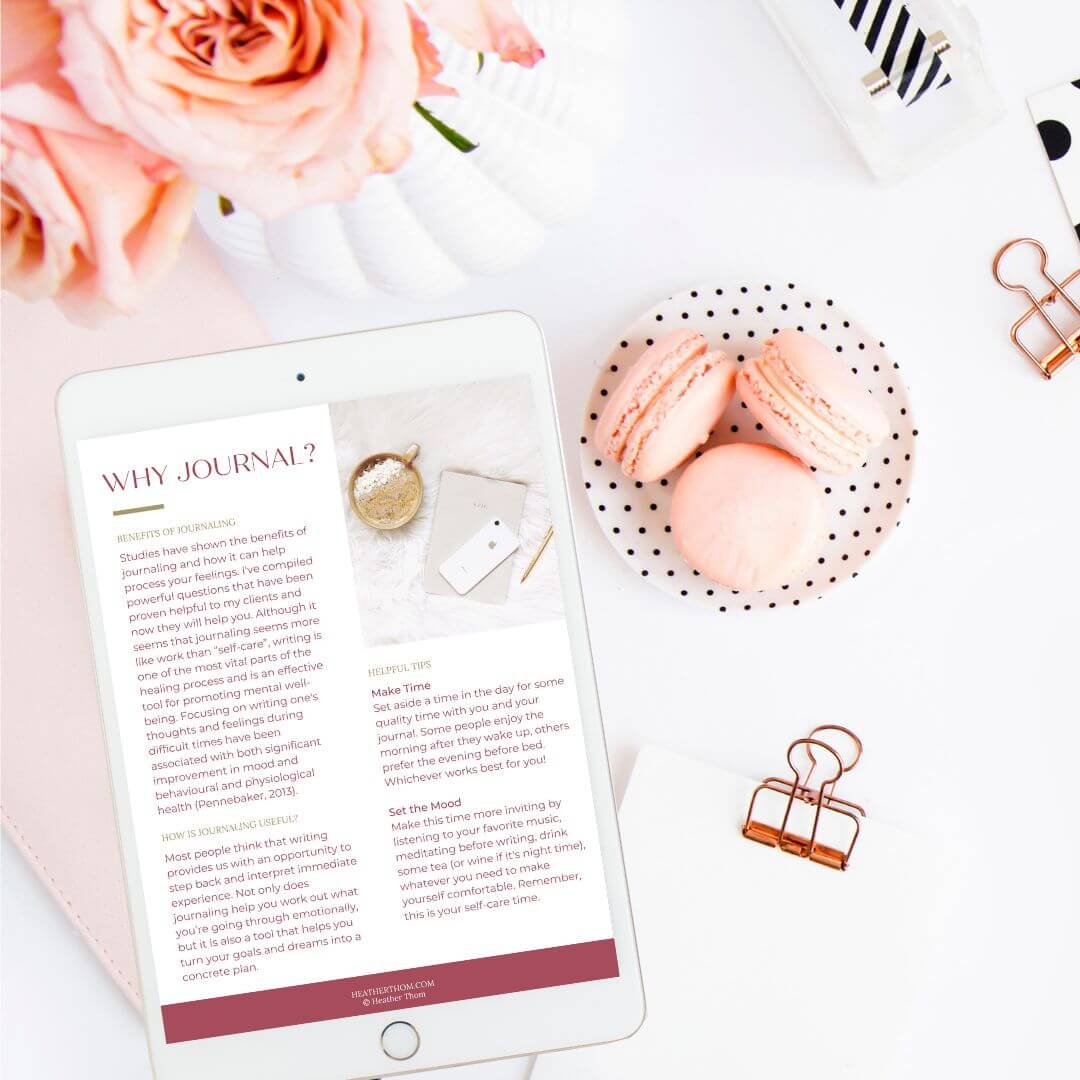How to Set Healthy Boundaries (Without Feeling Guilty)
Let’s be real, setting boundaries can be tough, but it’s essential to protect your mental and emotional well-being. So, whether you struggle with saying no or find yourself overwhelmed by the demands of others, this post is for you.
In this ultimate guide, I’ll share everything you need to know about setting healthy boundaries without feeling guilty.
Understanding Boundaries: What They Are and Why They Matter
Boundaries are the limits you set to protect your physical, emotional, and mental well-being. Think of them as your personal “property lines” that define your values, needs, and priorities.
Without boundaries, you can lose control of your life and become overwhelmed by the demands of others. Setting boundaries is essential for creating healthy relationships and living a fulfilling life.
Types of Boundaries: The Different Ways You Can Set Limits
There are different types of boundaries, each serving a different purpose in protecting your well-being.
Physical boundaries relate to your personal space and physical body.
Emotional boundaries involve protecting your feelings and emotional well-being.
Time boundaries refer to how you manage your time and set limits on how much time you spend on certain activities.
Knowing the different types of boundaries can help you identify where you need to set limits.
Identifying Your Boundaries: Knowing Where to Draw the Line
To set boundaries, you need to know what matters to you and what you’re willing to tolerate. This requires self-awareness and an understanding of your values and priorities. Take the time to reflect on what’s important to you and where you draw the line. It could be anything from your physical space to your emotional needs.
For example, if you value your alone time, you may need to set boundaries around how much time you spend with others. This could mean saying no to social invitations or setting aside specific times for yourself.
Setting Healthy Boundaries: How to Communicate Your Limits to Others
Setting boundaries requires effective communication and the willingness to stand up for yourself. This can be tough, especially if you struggle with saying no. Remember, it’s okay to say no, and you don’t have to justify your boundaries to anyone. Use assertive communication techniques to communicate your limits and needs. If someone pushes back or resists your boundaries, stand firm and hold your ground.
When it comes to communicating your needs, it’s important to be clear and direct. Use “I” statements to express how you feel, and avoid blaming or criticizing the other person.
For example, instead of saying “You never respect my time,” try saying, “I feel disrespected when my time is not honoured.” This way, you’re taking ownership of your feelings and communicating them in a non-confrontational way.
Remember, boundaries are not about changing or controlling the other person. If they choose to not respect your boundaries, it is okay to follow through with consequences.
For example, if you do not want to talk about a sensitive topic, but the other person continues, you can remove yourself from that conversation.
Learn to Say “No” Without Feeling Guilty
Learning to say “no” is a crucial part of setting healthy boundaries. Saying no can be difficult, especially if you’re used to saying yes to everything. However, saying yes to everything can lead to burnout, resentment, and a lack of boundaries.
To say “no” without feeling guilty, it’s important to remember that saying “no” doesn’t make you a bad person.
You have the right to say “no” to things that don’t align with your values or needs.
When saying “no”, be firm and clear. Avoid making excuses or apologizing excessively.
For example, instead of saying “I’m sorry, I can’t make it to your party because I’m too busy,” try saying, “Thank you for the invitation, but I won’t be able to make it.” This way, you’re being honest and direct without over-explaining or apologizing.
Know When to Seek Support
Setting healthy boundaries can be difficult, especially if you’ve never done it before. It’s okay to seek support from others when you need it. This might mean talking to a trusted friend, family member, or counsellor about your struggles with boundary-setting.
When seeking support, be honest and vulnerable about your struggles. Ask for guidance and advice, and be open to feedback. Remember that setting healthy boundaries is a process, and it’s okay to make mistakes along the way.
Maintaining Healthy Boundaries: How to Stay Consistent and Resilient
Maintaining boundaries can be challenging, but with practice, resilience, and self-awareness, it becomes easier to protect your well-being. You may experience guilt or anxiety when setting boundaries, but it’s essential to prioritize your needs.
Remember to practice self-care and self-compassion, and be gentle with yourself. Recognize when you need to adjust your boundaries and make changes accordingly.
Practice Assertiveness
Assertiveness is the ability to communicate your needs and boundaries clearly and confidently. Practicing assertiveness can help you avoid being taken advantage of and ensure that your needs are met in your relationships.
To practice assertiveness, start by being clear about what you want and need. Use “I” statements to express how you feel and what you want.
For example, “I need some time to myself right now” or “I feel uncomfortable when you speak to me like that.”
It’s also important to stand your ground when necessary. Don’t be afraid to say no or to enforce your boundaries.
For example, if someone is consistently disrespecting your boundaries, you may need to end the relationship or limit your contact with that person.
Remember, you’re not responsible for other people’s reactions to your boundaries.
Prioritize Self-Care
Setting healthy boundaries is an act of self-care. By prioritizing your well-being, you’ll be better equipped to show up fully in your relationships and your life.
To prioritize self-care, make time for activities that nourish your mind, body, and spirit. This might include things like exercise, meditation, spending time with loved ones, reading, or pursuing a hobby. It’s important to remember that self-care looks different for everyone, so find what works for you and make it a priority.
When setting boundaries around self-care, communicate your needs clearly and assertively. Let others know that you need time for yourself and that taking care of yourself is a priority. This might mean saying no to social engagements, delegating tasks at work, or asking for help from others.
Practice Self-Compassion
Finally, it’s important to practice self-compassion when setting boundaries. It’s normal to feel guilty or anxious when saying no or enforcing your boundaries, but remember that you’re doing it for your well-being.
When practicing self-compassion, be kind and gentle with yourself. Treat yourself as you would treat a friend, offering yourself words of encouragement and support. Remind yourself that setting healthy boundaries is an act of self-love and that you’re deserving of respect and care.
In Conclusion
Remember, setting boundaries is not a one-time event, but an ongoing practice of self-awareness and self-care. By prioritizing your well-being, you’ll create stronger and healthier relationships and live a more fulfilling life.
Setting boundaries can be challenging, but with practice and the right tools, you can learn to say no without feeling guilty. Remember, your boundaries are unique to you, and it’s essential to honour them. Don’t be afraid to communicate your limits and needs, and hold your ground when necessary.
Always remember that you are in control of your life, and you have the power to set boundaries that protect your physical, emotional, and mental well-being. I hope this guide has helped empower you to take control of your life and say “no” without feeling guilty. Now, go out there and start setting healthy boundaries!
Need extra support? Book an appointment with me to get clear on what is holding you back from setting boundaries and to learn strategies to communicate your boundaries so that you are heard and respected.





